What is obstructive sleep apnea (OSA)?
If you suspect that you or a loved one may have sleep apnea, you’ve come to the right place.
Discover what sleep apnea is, its symptoms and health risks, and take the quiz to calculate your sleep apnea risk. We’ll also guide you through the assessment process and what to expect during treatment. Our goal is to help you understand sleep apnea and provide you with the information you need to improve your sleep and help you get more out of your waking hours.

You’re not alone: 6 million Canadians suffer from sleep apnea
Obstructive Sleep Apnea (OSA) is a serious but treatable medical condition that interrupts your breathing while you sleep. This happens when the tissue in your airway relaxes, blocking the flow of air, and making it hard to breathe. These breathing interruptions, or apneas, can last anywhere from a few seconds to a few minutes. This can prevent you from getting enough oxygen.
Symptoms of sleep apnea include loud snoring, gasping for air, feeling sleepy during the day, and headaches in the morning. Sleep apnea has also been linked to long-term health risks such as heart attack, stroke, diabetes, high blood pressure, and erectile dysfunction.
There is good news, though – if you suspect you have sleep apnea, once diagnosed, it can be successfully treated. The most common treatment option for sleep apnea is CPAP therapy.
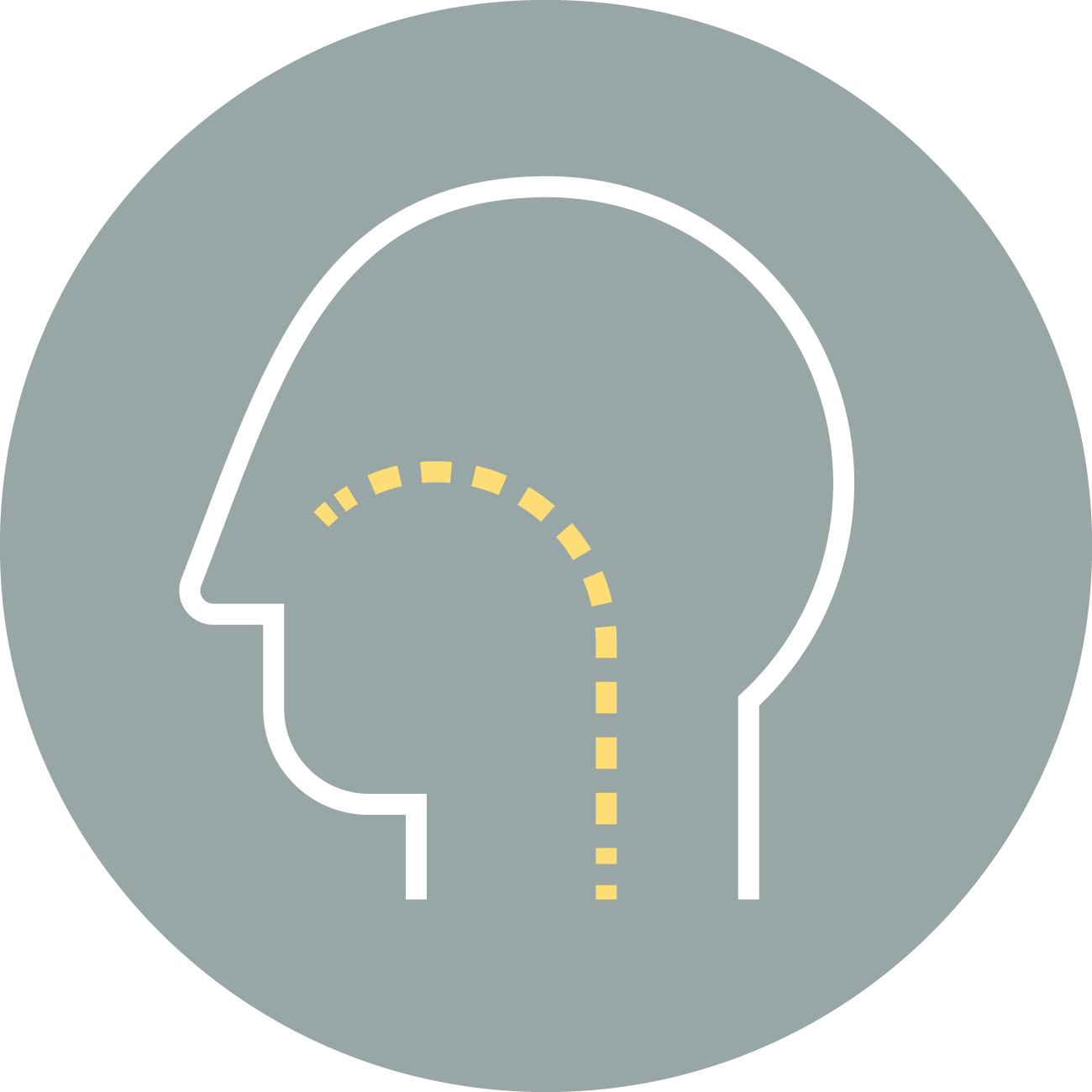
Stop Breathing
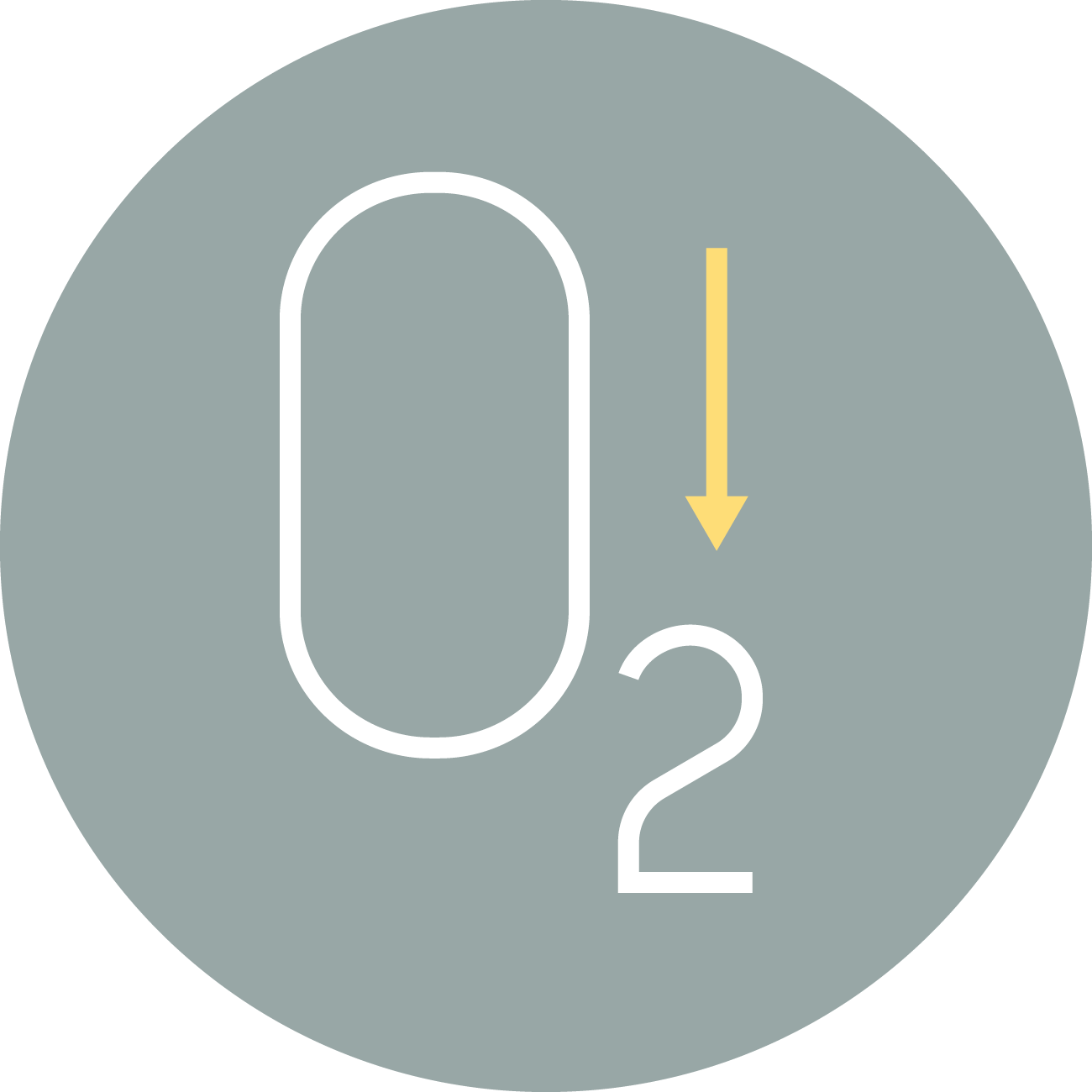
Low Oxygen
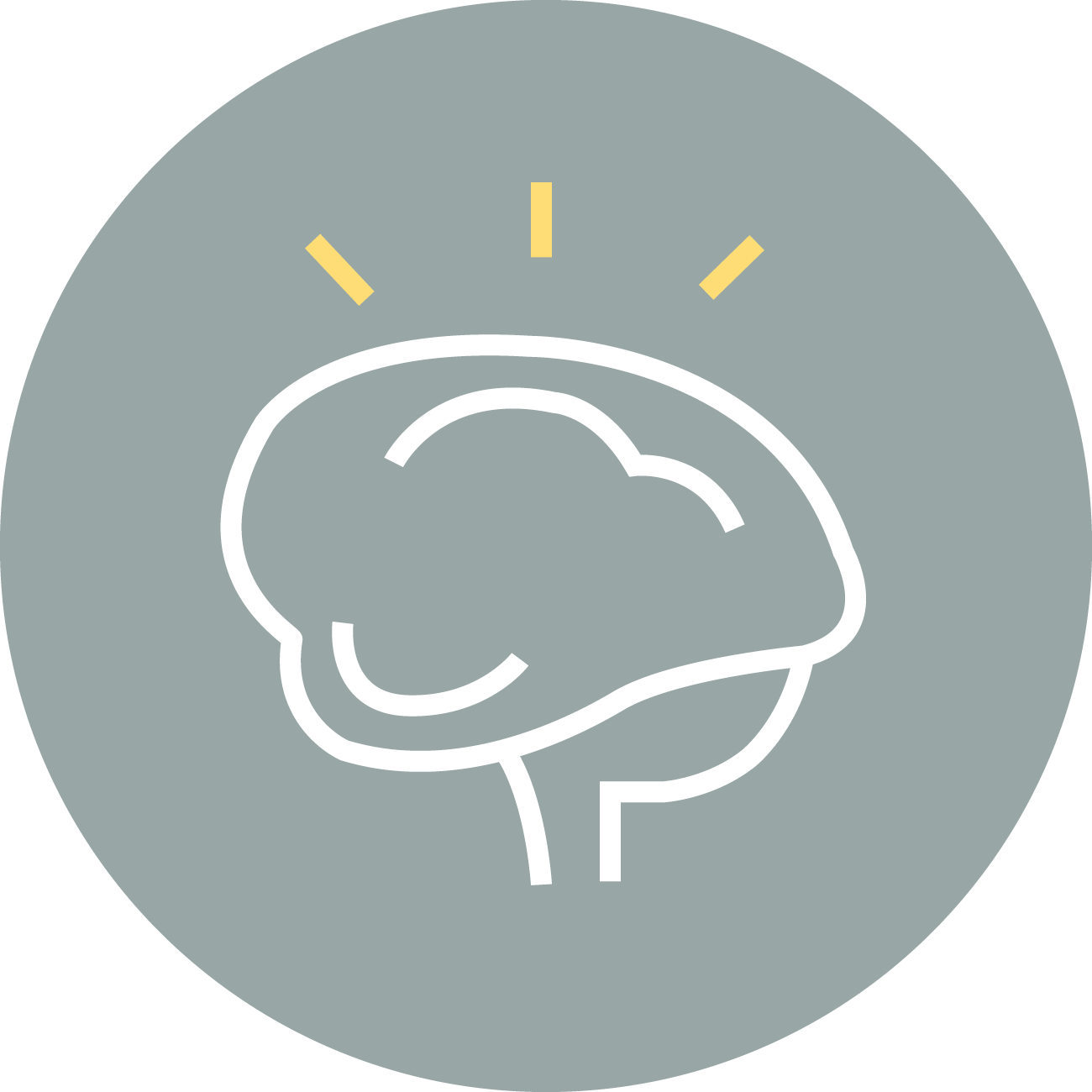
Brain Wakes Up
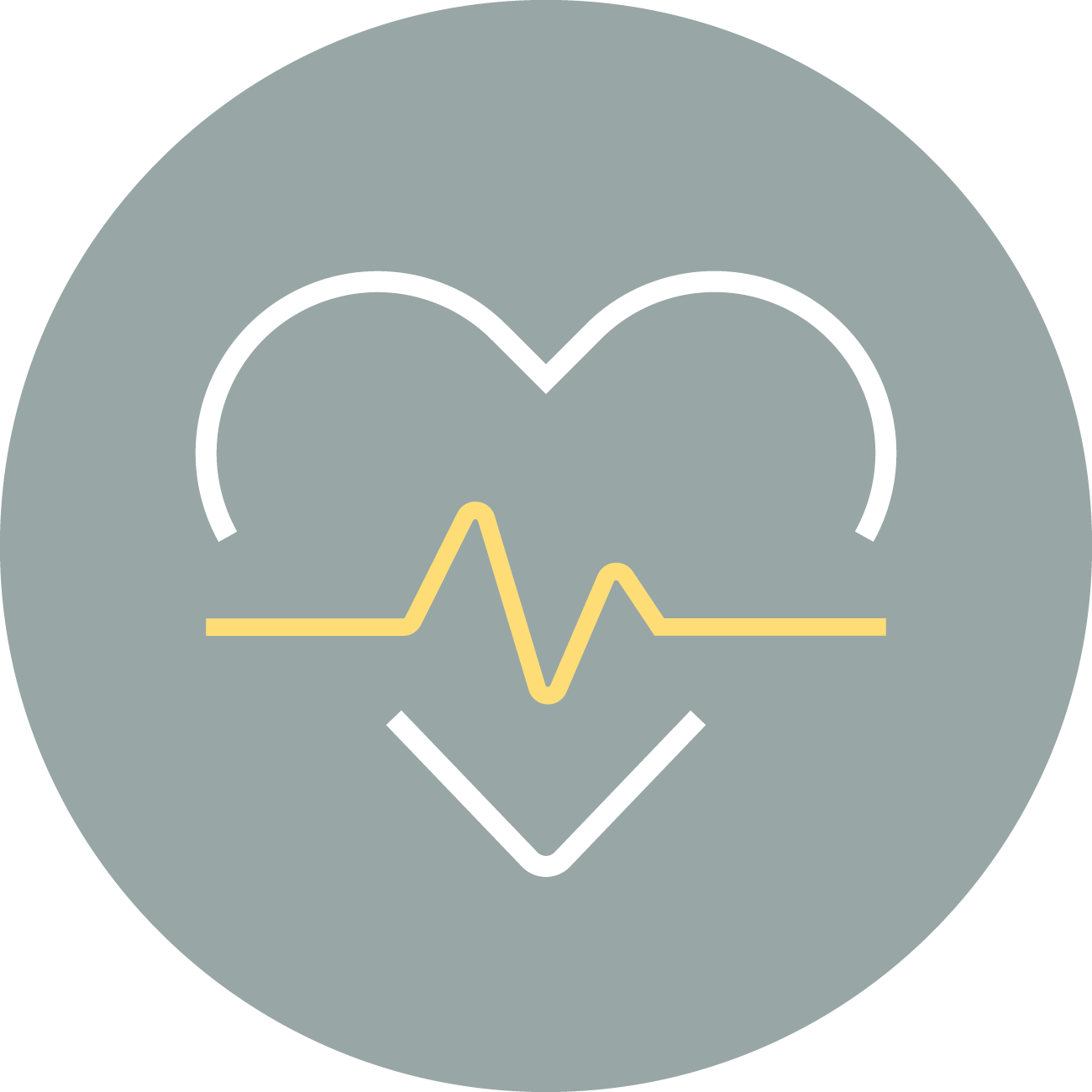
Symptoms & Health Risks
Sleep apnea symptoms and warning signs
While Obstructive Sleep Apnea (OSA) looks different on everyone, many patients suffer from:
While it affects all types of people, certain factors can make you more likely to be at risk. Take the quiz to find out if you’re at risk for sleep apnea:
What health risks are associated with OSA?
If left untreated, research has shown that patients with OSA:
Research also connects OSA with a variety of other illnesses:
80% of moderate to severe cases of OSA aren’t diagnosed.8 By getting assessed and treated for OSA, you’re taking control of your health, longevity, and quality of life.
1. Shahar et al. Am J Respir Crit Care Med. 2001. 2. Hartenbaum et al. National Sleep Foundation 2006. 3. Logan et al. J Hypertens 2001. 4. Sjostrom et al. Thorax 2002. 5. Einhorn et al. Endocr Pract. 2007. 6. Basta et al. J Clin Sleep Med 2008. 7. Santos et al. Pulmonology Journal 2012. 8. American Association Sleep Apnea Association
How do I find out if I have sleep apnea?
The Snore Shop makes it quick and easy to be assessed for Obstructive Sleep Apnea (OSA) with our Sleep Health Assessment. Here’s how it works:
- Our experts will consult with you to determine if you’re at risk for sleep apnea and set you up with a home sleep test.
- You’ll wear the home sleep testing device that night. It ensures we collect the data we need, all from the comfort of your own bed!
- You return the device to the clinic the next morning for us to process your results.
- We send your results to your doctor to have them confirm your diagnosis and write a prescription, if needed.
- We’ll provide you with a personalized report containing the sleep health insights we collected. Our clinicians will meet with you to review your results and treatment options. We provide expert advice every step of the way.
Learn more about the Sleep Health Assessment and book yours today!
How your sleep apnea diagnosis impacts treatment
Before we dive into sleep apnea treatments, it’s important to understand how your diagnosis impacts your options. Sleep apnea happens when your breathing is repeatedly disrupted during your sleep, which can reduce your oxygen intake and lead to negative symptoms and health risks.
Mild Sleep Apnea
You had 5-15 breathing disruptions per hour during sleep. For some patients this does not pose a health concern. If you’re at risk for conditions like heart disease and diabetes, or you’re experiencing symptoms of poor-quality sleep, you may benefit from treatment. The Snore Shop and your doctor can help you find the right treatment path.
Moderate Sleep Apnea
You had 15-30 breathing disruptions per hour during sleep. Medical guidelines for Moderate Sleep Apnea recommend treatment. First-line therapy is CPAP.
Severe Sleep Apnea
You had over 30 breathing disruptions per hour during sleep. Because of Severe Sleep Apnea’s significant health risks, medical guidelines recommend CPAP therapy.
* Sleep apnea is a condition that typically progresses as we age and lose tone in our throat muscles and/or gain weight. If you have Mild sleep apnea and do not seek treatment right away, plan to have your sleep apnea re-assessed every 2-3 years.
How do I treat sleep apnea?
If your doctor confirms your Obstructive Sleep Apnea diagnosis, The Snore Shop will work with you to personalize treatment to your needs. The goal of treating sleep apnea is to stop your airway from becoming blocked during sleep. Some treatment options more effective than others.
CPAP therapy is considered the most effective treatment for sleep apnea. CPAP stands for “continuous positive airway pressure”. A small bedside device produces a consistent flow of air that keeps your airway open while you sleep. The air is delivered through a tube and mask that you wear each night. Advances in CPAP devices mean treatment is more comfortable than ever.
If you have Mild OSA, you may benefit from alternative therapies, unless your symptoms are interfering with your quality of life or you’re at risk of other illnesses such as heart disease and diabetes.
If you have sleep apnea, treatment is a lifelong – and worthwhile – commitment. Our patients often describe CPAP therapy as life changing, and for good reason.
What real patients have to say
With you every breath of the way.
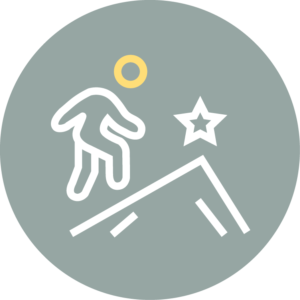
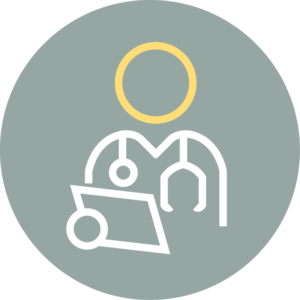
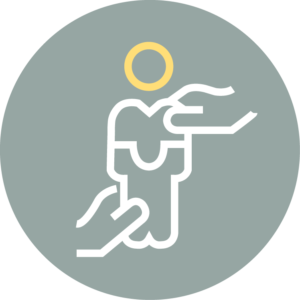
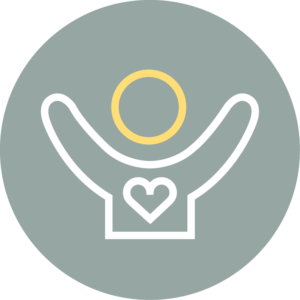
Whether it’s helping you link your symptoms and risk factors with possible sleep apnea, guiding you through a Sleep Health Assessment, or personalizing therapy to you so you can experience the benefits, The Snore Shop is here to help you on your journey.
Get started by booking your Sleep Health Assessment
